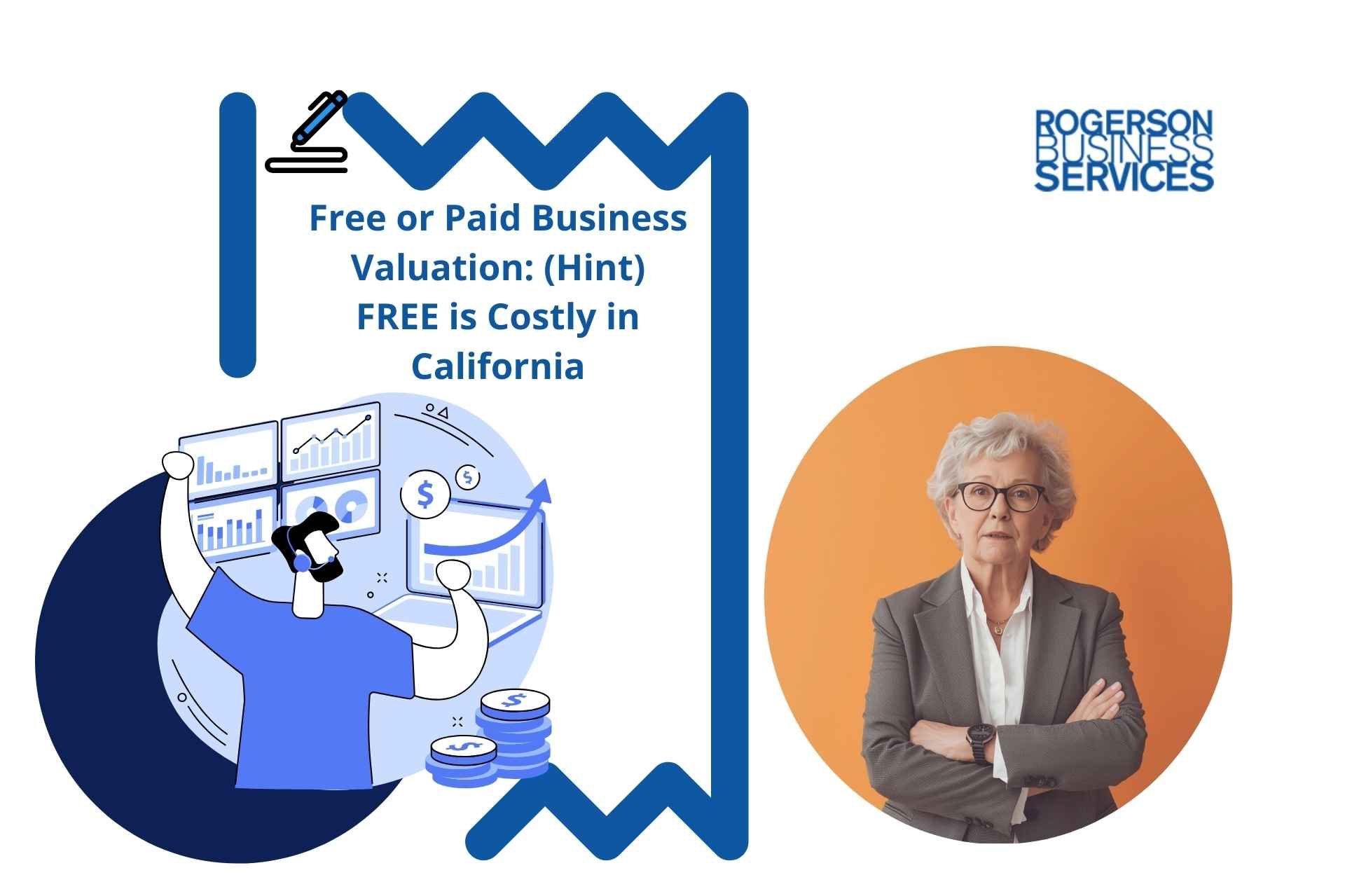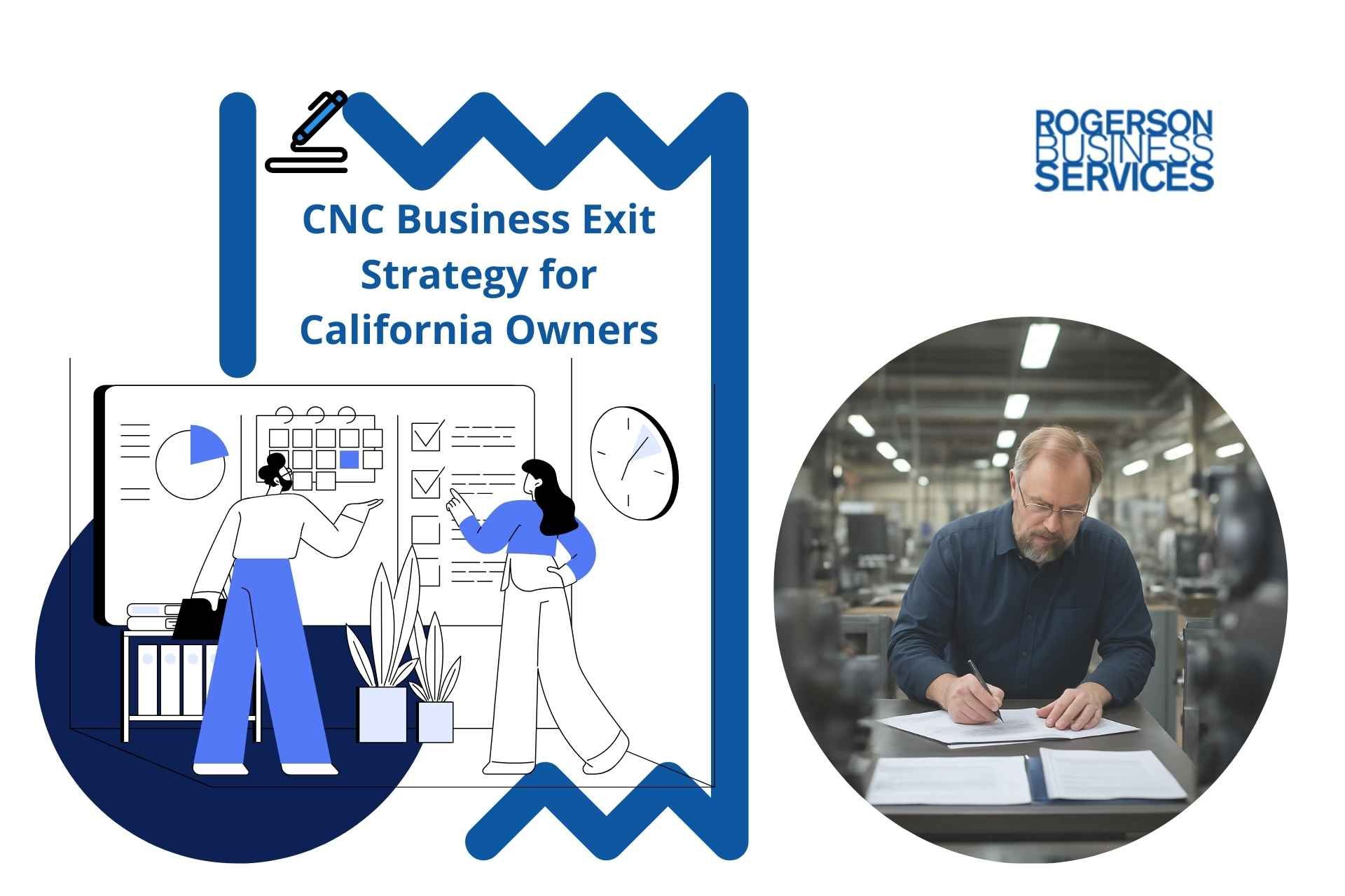Why Hire an M&A Advisory Firm
M&A Advisory Firm

Selling a business can be a big undertaking. Hire an M&A Advisory firm can assist the business owner who wants to sell, can mark the end and start of significant milestones.
The end milestones include deciding it is time to stop being a business owner. This includes the intellectual, emotional, and very personal motivations business ownership requires getting out of bed every morning, going to work, and doing the many hard things business ownership demands; a day in and day out.
The start milestones include the freedom to get out that ‘bucket list’ and tackle those things that you never had the time to consider but always wanted to do. It perhaps means connecting with family and friends that there simply wasn’t the time to do. It also means starting and creating new habits. We all work from habits and so starting new ones can be a challenge.
It, therefore, makes sense to get some help; obtaining an M&A Advisor can make the process much more streamlined.
M&A Advisory firms, or Mergers and Acquisitions Advisors, can help you take the necessary steps to plan a business exit strategy. If you’re looking to sell in the lower middle market segment or category, business M&A Advisors can walk you through the appropriate steps in valuing and then selling a business to strategic and Private Equity Group buyers or PEGs.
If you’re planning on putting up your business for sale, here’s why you might want to hire an M&A Advisor.
What Is the Role of M&A Advisors in Selling a Company?
The role of an M&A Advisor is quite extensive, but we’ve broken it down into three key steps.
1. Gather the documents needed to sell a business and conduct business valuation
The business owner, CFO, and M&A Advisor will work together to assess the company’s performance and help organize the financial statements as these are critical documents in both the business valuation and later when the business goes to the market to find a buyer. These documents are important for a buyer and any lender a buyer needs to approach to get finance to buy the business.
M&A Advisors should prepare a
business valuation
using various methods to arrive at the value of the company.
Having an M&A Advisor for this step is especially important since they have to buy privately-held business with non-disclosure data to help arrive at the most accurate and up-to-date value of the business. Additionally, the owner of the business will have questions about the structure and details of the
sell-side M&A process
that will often lead to further discussion, so the company is valued and presented to the market accurately.
2. Identify, interview, and inform potential buyers
As an M&A Advisor gives a business owner a general idea of what to look for in a buyer, they will simultaneously complete certain tasks as part of their responsibilities.
Some of these obligations include setting up interviews with prospective buyers, requiring confidentiality agreements, managing buyer questions and concerns, and reviewing financing details with potential buyers.
This step is the most time-consuming, but it’s also one of the most critical parts of the exit strategy framework. During this process, the M&A Advisor manages the many steps while keeping the seller informed, so they understand what is happening and have their questions answered.
3. Manage the financial due diligence checklist and close the sale
The ultimate goal is for the seller to receive an offer from a buyer via the M&A Advisor. Once the seller receives the offer, the M&A Advisor will work closely with the seller and buyer to make sure the offer, including its terms and conditions, is acceptable to both parties. The process may include an M&A deal team made up from attorneys, financial planners, tax experts, industry experts, and CPA accountants for each party offering suggestions, so when the time is right to prepare the final set of legal documents, this is easier to do.
With the offer from the buyer negotiated and accepted by the seller, the buyer gets an opportunity to review the representations of the seller or what is called the
due diligence process.
To succeed in the due diligence process, the M&A Advisor will work with the seller and buyer to review many documents. The main documents will include leases, sales contracts, employment agreements, and other agreements that are critical to the business and its industry.
The seller should expect their M&A Advisor to provide suggestions on the timing and how to process through the many steps to get to the point where the due diligence is close to completion, but it's now time to open escrow; which is the process used when
selling a business in California.
The
M&A escrow process
is typically handled by a California licensed company and its role is to be a neutral third party to collect deposits and other money from the buyer and its lenders while obtaining Federal and State of California releases for the buyer for items such as IRS clearances, State of California state tax clearances such as sales tax and payroll clearances and other items that will be specific to the business and the industry it is in.
This is also the phase where the final legal documents are prepared, taking into account any lender, landlord, and other legal requirements that are critical to the transaction.
Why Work With RBS M&A Advisors?
Selling your business can be a life-changing event. That’s why it's essential to plan for this event carefully.
If you’re
listing a business for sale
in California, you’ll want to find a reliable M&A firm. At
RBS M&A Advisors
a team of experienced professionals works to plan and carry out the
M&A sell-side or buy-side process.
You can also
consult with their team of experts
on how to increase your overall value.
Steps that M&A Advisors Will Manage
Many entrepreneurs mistakenly believe that M&A Advisors primarily locate potential buyers for a company looking to sell. However, M&A advisors manage much more than just that.
Below are the steps that M&A Advisors will manage as you plan your business owner exit strategy.
- Valuing the business to make sure the price will be in the range the market is expecting.
- Assisting the seller with creating and writing the documents that will be presented to the market to attract potential buyers. Some documents will be written so the market does not know the business is for sale, while other more detailed documents will be written to share with a buyer once they sign a non-disclosure agreement or NDA.
- Contacting prospective buyers.
- Interviewing prospective buyers (this can be a lengthy process, depending on how many offers you receive).
- Qualifying the buyer as well as having them sign the Confidentiality Agreement or NDA.
- Assisting the buyer and seller with the due diligence process.
- Negotiating an offer with the seller and buyer.
- Helping the buyer obtain finance; if necessary.
- Preparing the necessary documents to close the sale as part of the escrow process.
- Assisting with the steps to transfer ownership.
- Successfully closing the deal.
Why Hire A Certified M&A Advisor?
Hiring a certified M&A Advisor can make the difference between success and failure in successfully closing a business sale.
According to a study conducted by Fairfield’s University professor
Dr. Michael McDonald, nearly 84% of business owners say their final business sale price was the same or more than the initial estimate given by the M&A Advisor.
But here’s the exciting part: The same study shows that business owners view “managing the M&A sell-side or buy-side process” as the most important service the M&A Advisor provides in the business exit strategy planning.
M&A Advisors work to approach the highest-quality buyers and make sure you get the best price based on your company’s value.
Business Valuation—Get the Best Selling Price for Your Company
“But how much is my business worth?”
There is a saying with a business valuation when it is used to determine the value or purchase price of a business “The seller thinks the price or value is too low and the buyer thinks the price is too high.” There is also a second sentence that often does not get a mention and it is “The lender thinks both the seller and buyer are wrong but they keep that opinion to themselves.”
To correctly assess your company’s worth, hiring an M&A Advisor can help you narrow down which business valuation method to use, as well as how to calculate the value of a business for sale.
A business valuation is the standard process of determining the market value of a company.
Below, we’ve briefly explained the important steps to arrive at an accurate business valuation:
Step 1: Determine the SDE or EBITDA of the business
One of the primary determinants of the value of a business is how much the owner gets to keep after paying all the expenses. This is what is meant by the definition called SDE (Sellers Discretionary Earnings) or EBITDA (Earnings Before Interest Taxes and Depreciation.) SDE and EBITDA are important concepts as not only are they a reference point for the seller they are also a reference point for the buyer and a third-party lender providing finance to the buyer.
Do you want to learn more? Download a FREE business valuation sample report.
Step 2: Business valuation methods
There are three approaches to value a business, but within each approach, there are different business valuation methods.
The three approaches are:
- Asset approach
- Income approach
- Market approach
Within the Income approach, there are also different valuation methods. These include the Multiple of Discretionary Earnings method or Factors method, the Capitalized Economic Income method, the Discounted Economic Income method, and Discounted Cash Flow method, to mention a few.
Other differences to be aware of are that as the company gross revenue increases in size, its value in proportion increases; the number of years it's been in business may or may not help; if the business has or does not have a management team and how long they have been working together; what is happening in that industry be it with government policies or new technologies and more.
Also, be careful. Remember, valuing a Privately held business and not a business that is publicly traded has different dynamics. For publicly traded companies, it is normal to use a Times Revenue valuation method – it is not typically used for a privately held company.
Conclusion: How to Prepare an Exit Strategy
While there are many other details you should be aware of when selling your lower middle market business, hiring an M&A Advisor can ease some of the pressure and ensure you’re getting the most out of your sale.
If you are a retiring business owner looking to exit your lower middle market business in California, here are five tips to get you started:
1. Don't wait until the last minute to start planning your exit. The process of selling a lower middle market business can take a long time, so it's important to start early.
2. Have a clear idea of what you want to get out of the sale. Know your goals and what you're willing to negotiate.
3. Choose the right type of buyer. Not all buyers are created equal, so do your research and find the right one for your business.
4. Be prepared for a lot of due diligence. M&A buy-side due diligence is when buyers will want to know everything about your business, so be ready to provide documentation and answer questions.
5. Be flexible with the terms and conditions of the deal. It's important to be open to negotiation to get the best possible deal for your business.
Rogerson Business Services, also known as, California's lower middle market business broker is a sell-side M&A advisory firm that has closed hundreds of lower middle-market deals in California. We are dedicated to helping our clients maximize value and achieve their desired outcomes.
We have a deep understanding of the Californian market and an extensive network of buyers, which allows us to get the best possible price for our clients. We also provide comprehensive support throughout the entire process, from initial valuation to post-closing integration.
Our hands-on approach and commitment to our client's success set us apart from other firms in the industry. If you consider selling your lower middle market business, we would be honored to help you navigate the process and realize your goals.
If you have decided to value and then sell your lower middle market business or still not ready, get started here, or call toll-free 1-844-414-9600and leave a voice message with your question and get it answered within 24 hours. The deal team is spearheaded by Andrew Rogerson, Certified M&A Advisor, he will personally review and understand your pain point/s and prioritize your inquiry with Rogerson Business Services, RBS Advisors.
Hey there! Can we send you a gift?
We just wanted to say hi and thanks for stopping by our little corner of the web. :) we'd love to offer you a cup of coffee/tea, but, alas, this is the Internet.
However, we think you'll love our email newsletter about building value and properly position your company before transition/exit your business ownership.
As a special welcome gift for subscribing, you'll also get our helping and educational guides, tips, tutorials, etc.. for free.
It's filled with the best practices for retiring serial business owners like Dan Gilbert, Larry Ellison, Warren Buffett, and many more.
Just sign up for our emails below.


